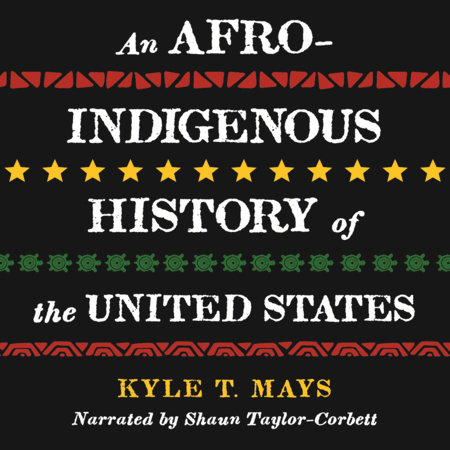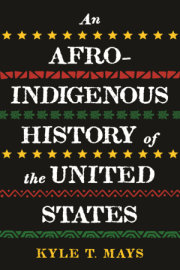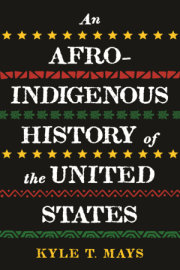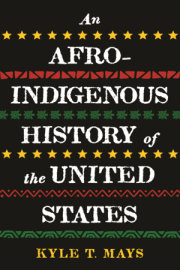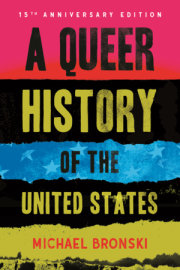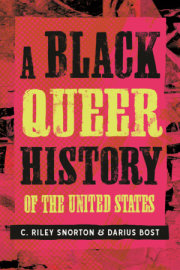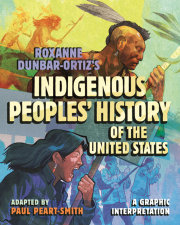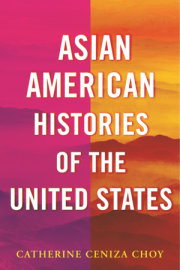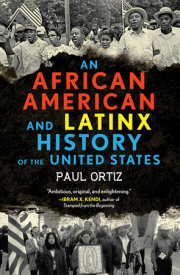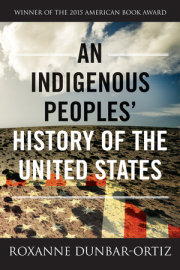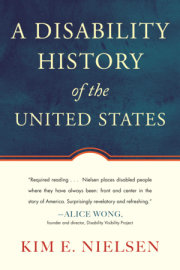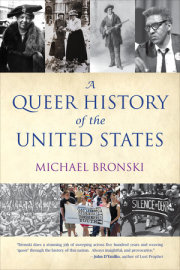Author’s Note
INTRODUCTION
Afro-Indigenous History
CHAPTER ONE
Indigenous Africans and Native Americans in Prerevolutionary America
CHAPTER TWO
Antiblackness, Settler Colonialism, and the US Democratic Project
CHAPTER THREE
Enslavement, Dispossession, Resistance
CHAPTER FOUR
Black and Indigenous (Inter)Nationalisms During the Progressive Era
CHAPTER FIVE
Black Americans and Native Americans in the Civil Rights Imagination
CHAPTER SIX
Black Power and Red Power, Freedom and Sovereignty
CHAPTER SEVEN
Black and Indigenous Popular Cultures in the Public Sphere
CHAPTER EIGHT
The Matter of Black and Indigenous Lives, Policing, and Justice
CONCLUSION
The Possibilities for Afro-Indigenous Futures
POSTSCRIPT
Sovereignty and Citizenship: The Case of the Five Tribes and the Freedmen
Acknowledgments
Notes
Photo Credits
Index

